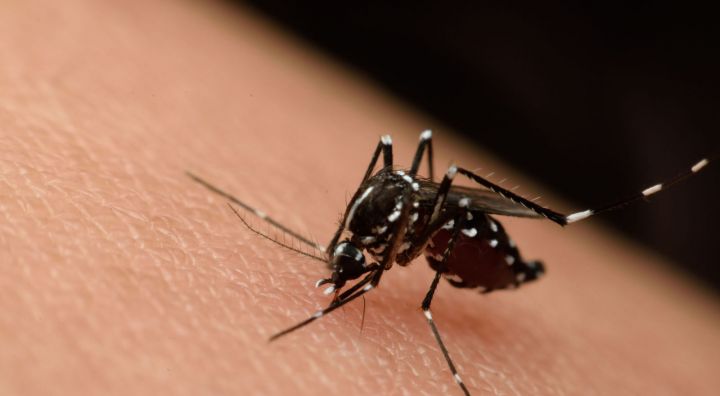Reengineering the ICU
Hospital intensive care units appear to be a model of high tech, but systems engineers say ICUs are actually models of inefficiency.

External link for more info: Johns Hopkins University

Hospital intensive care units appear to be a model of high tech, but systems engineers say ICUs are actually models of inefficiency.

An expert discusses why doctors believe it occurs, and a woman to whom it happened recounts her experience.

The newly appointed director of the world's only research center devoted exclusively to bladder cancer discusses risks and treatments.

Hospitals have been plagued by shortages of important drugs, sometimes forcing doctors to decide who will receive them and who will die.

Mosquito-transmitted Zika virus has arrived in Central and South America, and while most people are not affected by it, the virus has been linked to microcephaly, a severe birth defect. Experts discuss the virus, how it's transmitted, its spread to the US, and how to protect yourself from it.

A surprisingly high percentage of people who've been treated in the ICU later suffer from PTSD. Experts discuss why this occurs and what's being done to treat and prevent it.

Scientists have developed the technology to edit single genes, which could eliminate some inherited diseases.

Newly-invented powdered alcohol is entering the market, but some experts and legislators believe it should be banned because it's likely to be abused by teens. Experts, the product's inventor and legislators discuss.

Cancer biopsies traditionally require surgery to remove a piece of tumor. But doctors are increasingly able to find evidence of cancer in the blood, eliminating the need for surgery. Researchers hope to eventually be able to use these liquid biopsies for cancer screening and early diagnosis. Experts discuss.

Bell's palsy is a frightening malfunction in the nerve controlling half of the face that occurs for unknown reasons. Sufferers often think they're having a stroke. While Bell's palsy often resolves on its own, it can leave permanent effects. Experts and two people who've had the disorder discuss.

Some people who remember things extremely well may claim they have a "photographic memory," but some experts say such a thing doesn't really exist. Experts discuss how memory works.

Doctors too often use language that's indeceipherable to normal people. Efforts are underway at medical schools to teach doctors to speak in plain language. An expert at one such school and a participant in these classes discuss.
Subscribe to get the latest from Radio Health Journal directly in your inbox.

